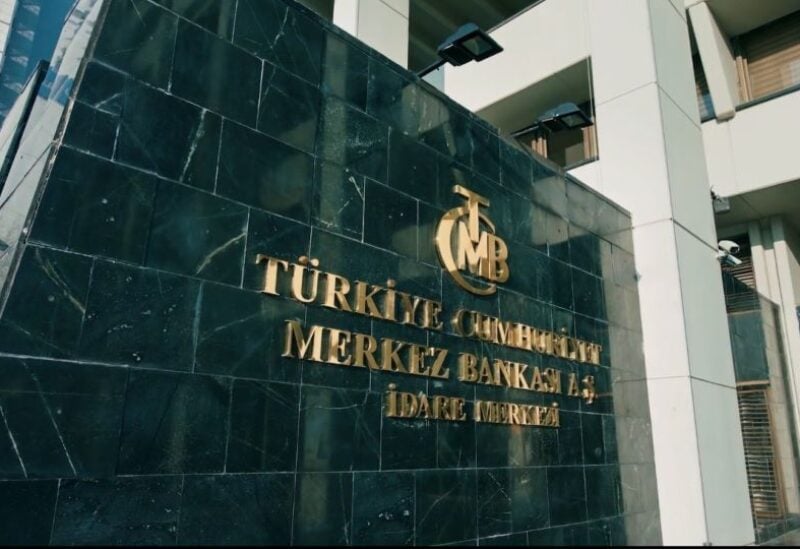
Turkey's Central Bank headquarters is seen in Ankara
According to Goldman Sachs, Turkey’s current account deficit is likely to widen to $32 billion, or 4.0 percent of GDP this year, up from 2.5 percent previously forecast, due to rising commodity prices and Ankara’s reluctance to boost rates.
The trade balance, which has been chronically negative in import-dependent Turkey, will benefit from foreigners buying real estate, notably Russians, according to the Wall Street bank.
“However, these inflows will fall short of financing the rising current account deficit, putting pressure on both (official foreign currency) reserves and the Turkish Lira,” it warned.
It went on to say that high commodity prices would make “adjusting Turkey’s current account more difficult rather than easier.”
“We now project the Turkish current account deficit at 4.0 percent (formerly 2.5 percent) of GDP in 2022,” Goldman said, adding that it may be higher if the authorities “fight a slowdown in domestic demand and push for development.”
Turkey imports almost all of its oil and gas, and costs have risen as a result of Russia’s invasion of Ukraine, which sparked sanctions that drove up commodities prices. Grain imports are also strongly reliant on Russia and Ukraine.
This has put President Tayyip Erdogan’s unconventional economic plan, which relies on cheap interest rates, increased output, and exports to generate a current account surplus, in jeopardy.
In a concession to the war’s impact, Erdogan indicated this week that expecting a significant increase in tourism this year would be ambitious.
Given that inflation has risen to 54 percent, the central bank’s rate cuts to 14 percent have left real rates significantly negative. For the majority of the year, inflation is predicted to be above 60%.
“We don’t expect them to raise the official policy rate at this time,” Goldman added. However, the bank “will eventually have to respond, and may do so through new instruments, macroprudential measures, tightening through other channels, or other unorthodox actions,” according to the bank.